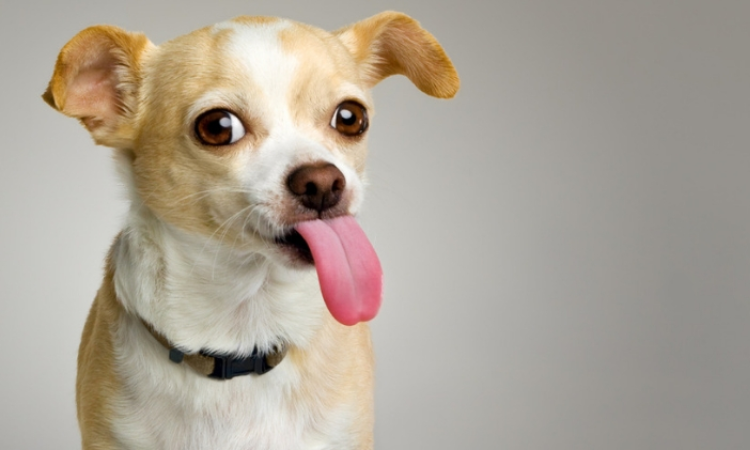Norwegian Lundehunds are unique and adorable dogs known for their agile and energetic nature. However, like any other breed, they are prone to certain health issues that potential owners should be aware of. In this article, we will explore “What Health Issues Are Common in Norwegian Lundehunds?”. By understanding these issues, you can take proactive measures to ensure the well-being and longevity of your beloved pet.
What Health Issues Are Common in Norwegian Lundehunds?
Norwegian Lundehunds may encounter several health problems during their lifetime. It’s important to be well-informed about these issues to provide the best care possible. Here are some of the common health issues seen in Norwegian Lundehunds:
Gastrointestinal Disorders:
- Malabsorption Syndrome: Lundehunds have a higher risk of developing malabsorption syndrome, a condition where they have difficulty absorbing nutrients from food.
- Gastric Torsion: Also known as bloat, this is a serious condition where the stomach twists, leading to gas build-up and potential organ damage.
- Pancreatic Insufficiency: Lundehunds may experience insufficient production of digestive enzymes by the pancreas, leading to malnutrition and weight loss.
Eye Problems:
- Primary Lens Luxation: This condition occurs when the lens of the eye becomes displaced, causing pain and vision impairment.
- Cataracts: Norwegian Lundehunds are prone to developing cataracts, leading to cloudy vision and potential blindness.
- Retinal Dysplasia: Lundehunds may inherit retinal dysplasia, a condition that affects the retina and can cause vision problems.
Joint and Bone Issues:
- Elbow Dysplasia: This is a developmental condition where the elbow joint does not form correctly, leading to pain, lameness, and arthritis.
- Patellar Luxation: Lundehunds may experience patellar luxation, where the kneecap dislocates from its normal position, causing pain and difficulty in walking.
- Osteochondrosis Dissecans: This condition involves the abnormal development of cartilage on the surface of bones, leading to joint problems and lameness.
Autoimmune Disorders:
- Autoimmune Hemolytic Anemia: Lundehunds may be susceptible to this condition where the immune system attacks and destroys red blood cells, causing anemia.
- Immune-Mediated Thyroiditis: This autoimmune disease affects the thyroid gland, leading to imbalances in hormone production and potential metabolic issues.
Ear Infections:
- External Otitis: Lundehunds have a higher risk of developing ear infections due to their unique ear structure, which can trap moisture and debris.
- Chronic Otitis Media: This is a recurring infection that affects the middle ear, causing discomfort, pain, and potential hearing loss.
FAQs About Health Issues in Norwegian Lundehunds
-
Are Norwegian Lundehunds prone to digestive problems?
Yes, Norwegian Lundehunds are prone to digestive issues such as malabsorption syndrome, gastric torsion, and pancreatic insufficiency.
-
Do Norwegian Lundehunds commonly develop eye problems?
Unfortunately, eye problems like primary lens luxation, cataracts, and retinal dysplasia are relatively common in Norwegian Lundehunds.
-
What joint and bone issues can affect Norwegian Lundehunds?
Norwegian Lundehunds may suffer from elbow dysplasia, patellar luxation, and osteochondrosis dissecans, which can cause lameness and joint pain.
-
Are autoimmune disorders prevalent in Norwegian Lundehunds?
Yes, Norwegian Lundehunds have a higher risk of autoimmune conditions like autoimmune hemolytic anemia and immune-mediated thyroiditis.
-
Do Norwegian Lundehunds often experience ear infections?
Due to their unique ear structure, Norwegian Lundehunds are more prone to ear infections like external otitis and chronic otitis media.
-
How can I prevent or manage these health issues in my Norwegian Lundehund?
Regular veterinary check-ups, a balanced diet, appropriate exercise, and good hygiene practices, including regular ear cleaning, can help prevent and manage these health issues.
Conclusion
While Norwegian Lundehunds are generally healthy dogs, they can be prone to certain health issues. It’s crucial for owners to be aware of these conditions and take proactive measures to ensure their pet’s well-being. Regular veterinary care, a balanced diet, exercise, and a clean living environment can go a long way in preventing and managing these health issues. By being attentive to your Norwegian Lundehund’s specific needs, you can provide them with a happy and healthy life.





